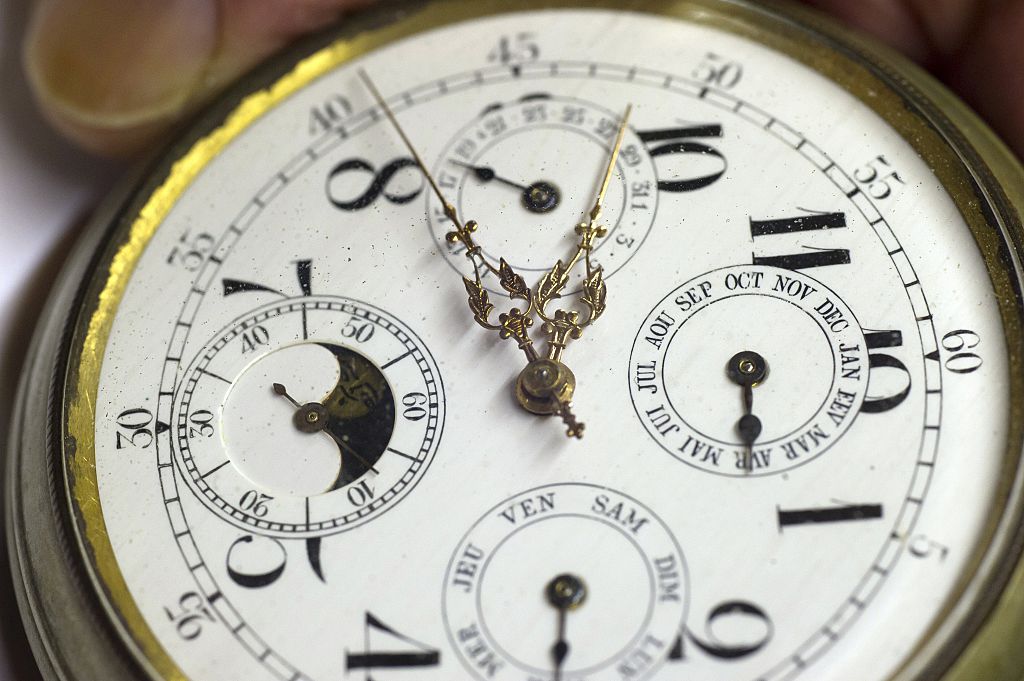No, setting your clocks back won't lower your energy bill


A free daily email with the biggest news stories of the day – and the best features from TheWeek.com
You are now subscribed
Your newsletter sign-up was successful
Daylight saving time ends at 2 a.m. Sunday, Nov. 6, and since it's fall, this biannual hassle at least offers the mercy of being the nicer one where we gain an hour of sleep instead of losing it. But, as Claremont McKenna College's Laura Grant explains at Newsweek, don't expect many benefits beyond the extra rest:
[O]ur laws equate daylight saving with energy conservation. However, recent research suggests that DST actually increases energy use.This is what I found in a study coauthored with Yale economist Matthew Kotchen. We used a policy change in Indiana to estimate DST effects on electricity consumption. Prior to 2007, most Indiana counties did not observe DST. By comparing households’ electricity demand before and after DST was adopted, month by month, we showed that DST had actually increased residential electricity demand in Indiana by 1 to 4 percent annually. [Newsweek]
Grant notes that springing forward — when we lose that hour of sleep — is associated with even more unintended negative results, as a tired nation suffers an annual spike in traffic accidents, workplace injuries, heart attacks, and lost productivity.
The Week's Hallie Golden explains more of the science of why daylight saving time is bad for you here.
The Week
Escape your echo chamber. Get the facts behind the news, plus analysis from multiple perspectives.

Sign up for The Week's Free Newsletters
From our morning news briefing to a weekly Good News Newsletter, get the best of The Week delivered directly to your inbox.
From our morning news briefing to a weekly Good News Newsletter, get the best of The Week delivered directly to your inbox.
A free daily email with the biggest news stories of the day – and the best features from TheWeek.com
Bonnie Kristian was a deputy editor and acting editor-in-chief of TheWeek.com. She is a columnist at Christianity Today and author of Untrustworthy: The Knowledge Crisis Breaking Our Brains, Polluting Our Politics, and Corrupting Christian Community (forthcoming 2022) and A Flexible Faith: Rethinking What It Means to Follow Jesus Today (2018). Her writing has also appeared at Time Magazine, CNN, USA Today, Newsweek, the Los Angeles Times, and The American Conservative, among other outlets.
